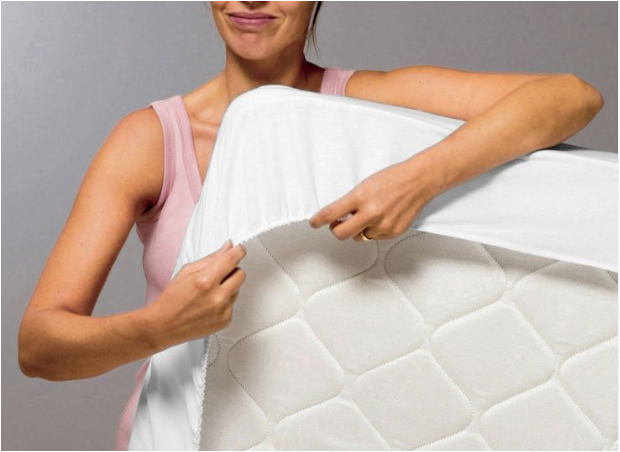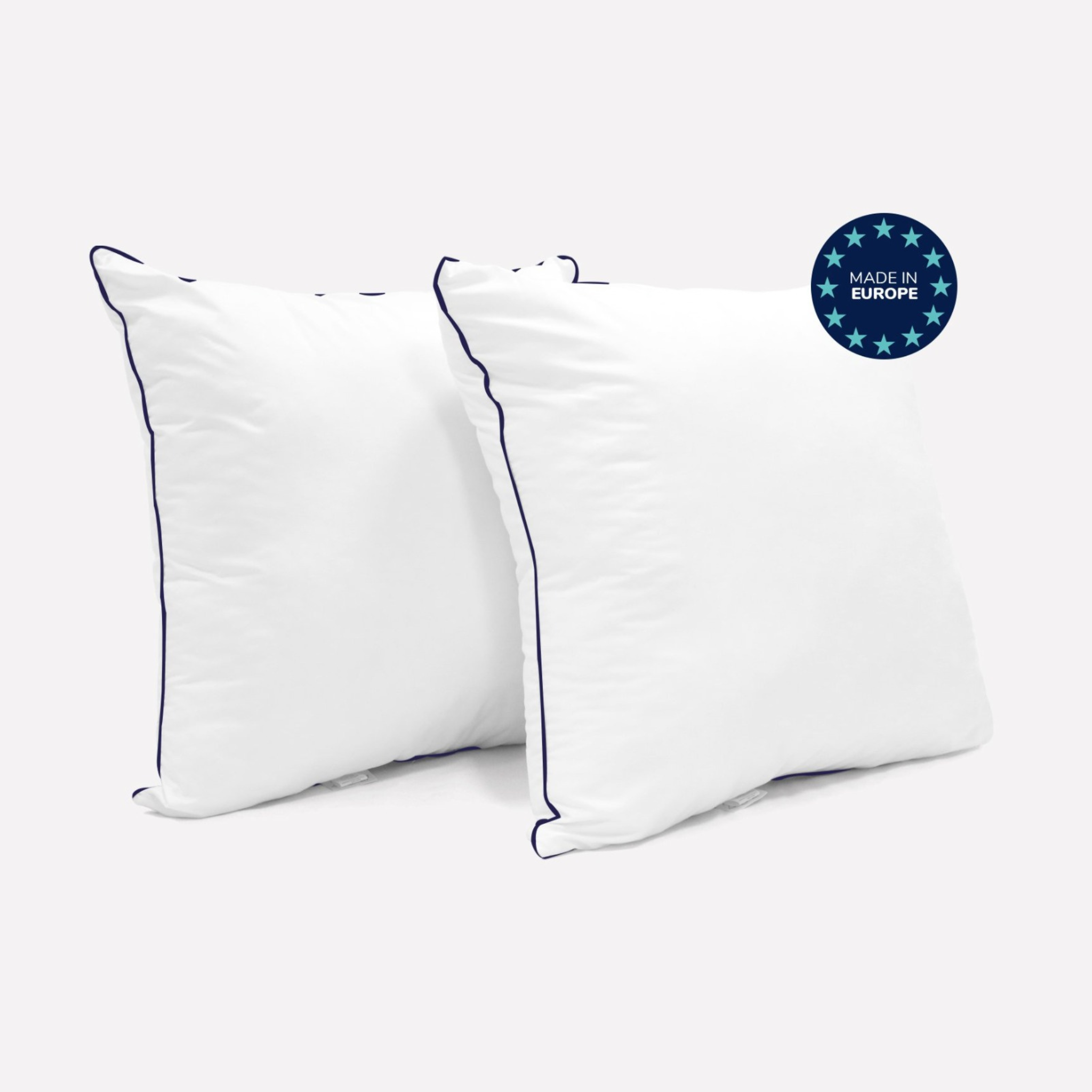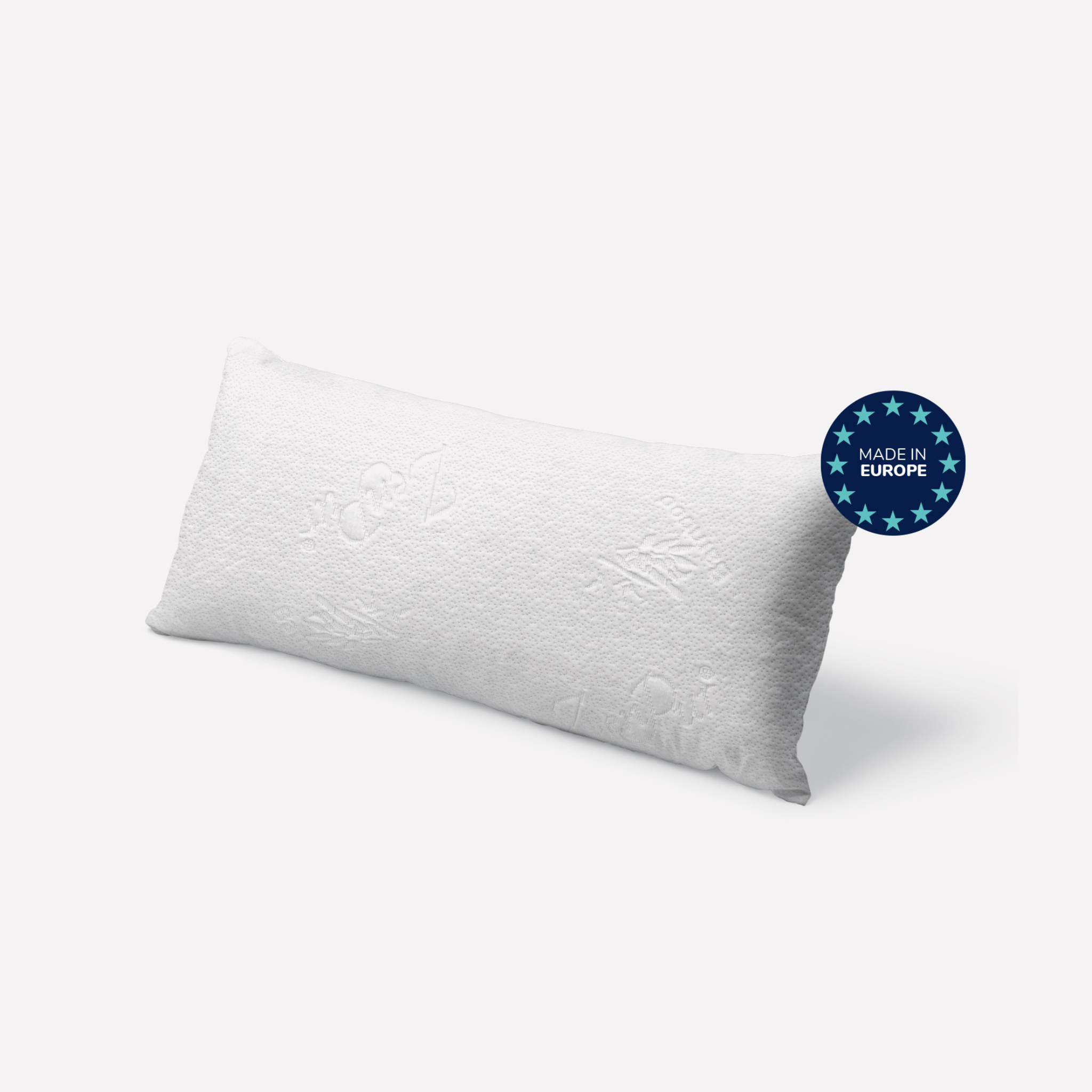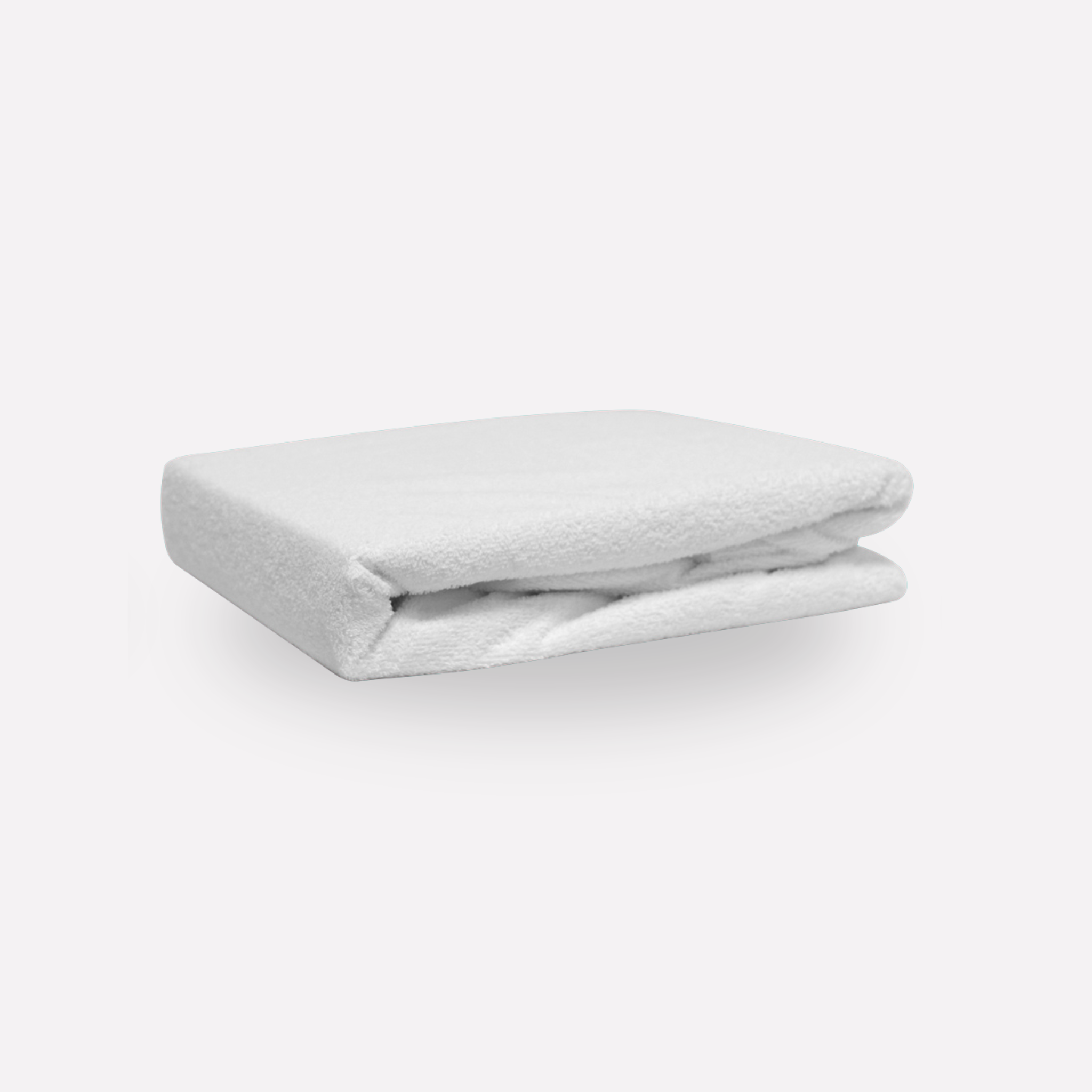
Firm or soft pillow: how to make the right choice?
Choosing between a firm or soft pillow is crucial for the quality of your sleep and your cervical health. This decision depends on several personal factors, including your preferred sleeping position, your body shape, and any back or neck issues you may have.
Understanding the Differences Between Firm and Soft
A memory foam pillow can offer varying levels of firmness depending on its density. Softer, less dense pillows sink easily under the weight of the head and are particularly suitable for stomach sleepers. Firmer, high-density models offer high support, ideal for side sleepers who need to fill the space between the shoulder and head.
The ideal compromise: the medium-firm pillow
A medium-firm cervical memory foam pillow , like the ZenPur, often represents the best compromise. It offers the perfect balance: soft enough to be comfortable, yet firm enough to maintain optimal cervical alignment. This unique combination allows it to adapt to different sleeping positions throughout the night.
The importance of sleeping position
Your usual sleeping position largely determines the ideal firmness level. Back sleepers benefit from medium support that maintains the natural curve of the neck. Side sleepers require more firmness for adequate support. The ZenPur's premium memory foam gradually adapts to your body shape, providing personalized support no matter your position.
Signs It's Time for a Change
If you wake up with neck pain, headaches, or a feeling of fatigue, your current pillow probably doesn't offer the right firmness level. The 99-night trial period offered by some manufacturers allows you to truly test whether the firmness is right for your needs. Keep in mind that an adjustment period of 2-3 nights is normal when changing pillows.


























